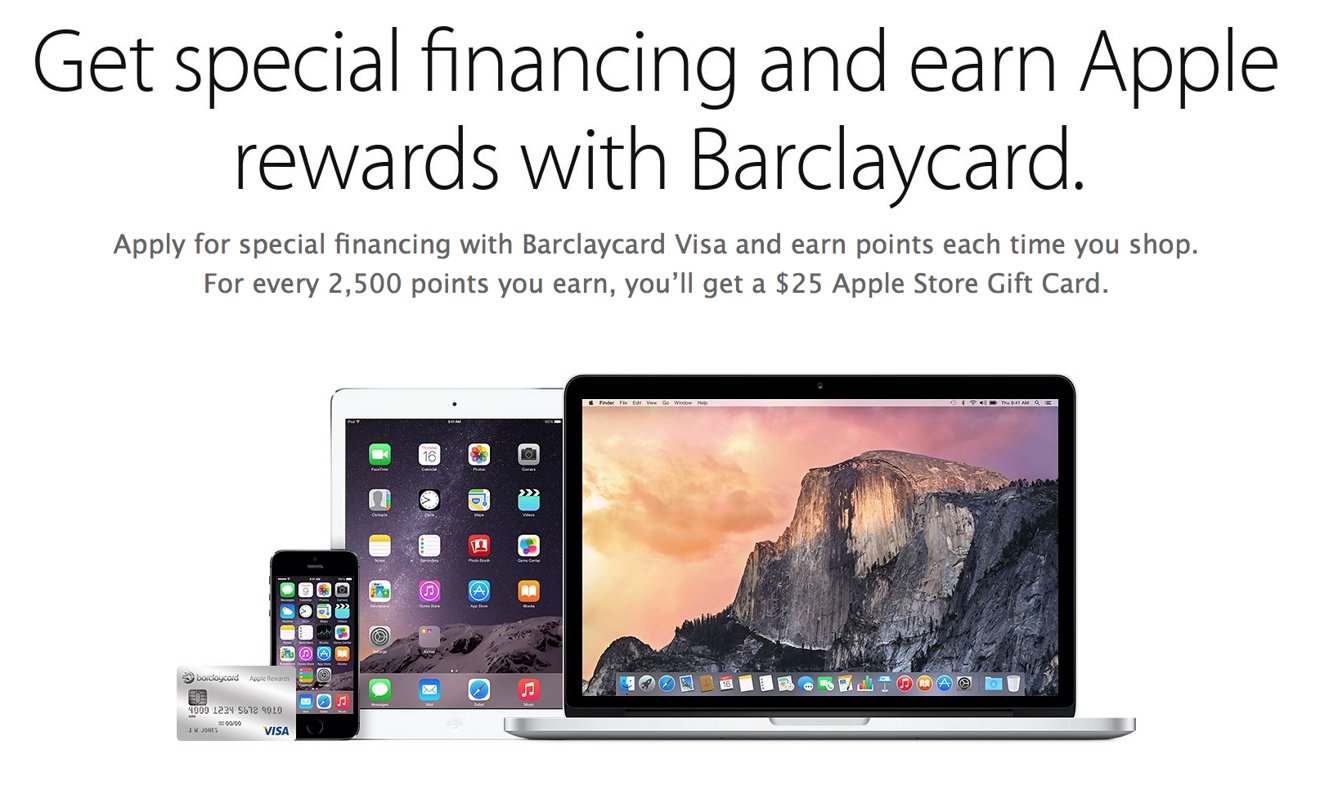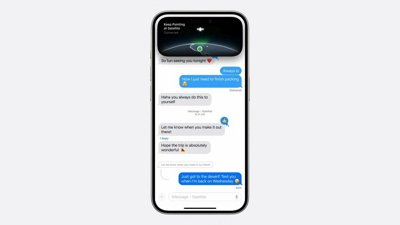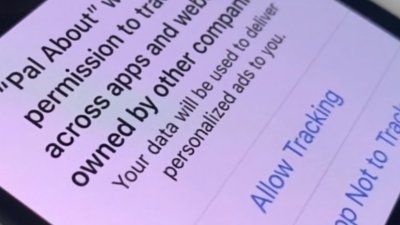A new "Apple Rewards" Visa card launched this month by Barclaycard with a number of changes, most notably a revised rewards system that pays out Apple Store gift cards, as well as the addition of Chip & PIN security.
The new Apple Rewards card offers three points per dollar spent at the Apple Store, two for restaurants, and one point per dollar on all other purchases. Once a user has reached 2,500 points, they receive a $25 Apple Store Gift Card.
The card also offers customers the ability to finance purchases made through Apple within the first 30 days of opening account. Purchases under $498 can be financed for 6 months, under $998 for 12 months, and $999 and over for 18 months.
The previous Apple card paid out rewards as iTunes gift cards, but the new card gives Apple Store cards.
The card should also be compatible with Apple Pay, as both Visa and Barclaycard are participating partners.
For customers who shop at the Apple Store frequently, the new card is an improvement from the previous Barclaycard with iTunes Rewards. That card offered two iTunes points for every dollar spent at any Apple Store or the iTunes Store, and one iTunes point for every dollar spent elsewhere.
The old Apple-branded card also had a payout level of 2,500 points, which would award customers a $25 iTunes Gift Card rather than an Apple Store card. But reaching that threshold would be more difficult for many customers without the triple points option.
However, the fine print of the new Apple Rewards card notes that unlike with its predecessor, iTunes purchases are not qualifying Apple purchases. For customers who spend a considerable amount of money on the App Store or iTunes Store, that could diminish the value of the new card considerably.
Apple's new Barclaycard includes an embedded EMV chip that is compliant with Chip & PIN security. Interestingly, it's not a "Chip & Signature" card, which is the more common option in the U.S.
 Neil Hughes
Neil Hughes








 William Gallagher
William Gallagher
 Andrew O'Hara
Andrew O'Hara

 Malcolm Owen
Malcolm Owen

 Brian Patterson
Brian Patterson
 Charles Martin
Charles Martin










20 Comments
All fine and good. With an APR from 13.99 % to as high as 26.99% why would anyone think this is a good deal. If you think you need to charge someone 26% maybe you should not be lending them money. This is sad since Apple has so many billions in the bank, that they would participate in predatory lending. I will stick with my 6.5% card thank you.
3% for Apple purchases is good. I wouldn't use this card for anything else though.
That's a really lousy deal. You are forced to buy Apple products only. Sure for me it may be worthwhile but I prefer cash back. Plus it also limits you to buy from the Apple Store. Credit cards that offer you miles on airline or points for products are generally not a good idea. They are restrictive in what you can get back and end up returning very little money. My credit card offers me the same type of deal but with cash back at the end of the year. The return is significantly better than my previous card that restricted me to miles with a particular airline that was a very hard to redeem for times I needed. I estimate I gain about 50% more in real terms using a cash back card than a points/miles based system.
@kent909 - if you need to pay interest on your purchases, perhaps you're buying things you can't afford. Just because Apple has billions in the bank doesn't mean they're obligated to bankroll your reckless spending (and I'm sure it is Barclays that sets the interest rate, not Apple). The reason credit card companies charge such high rates is because people buy what they can't afford and never pay their bill, sticking the rest of us with it.
Spend $833.33 to get a $25 gift card? I suppose it might spur some to buy more. I like my AMEX.